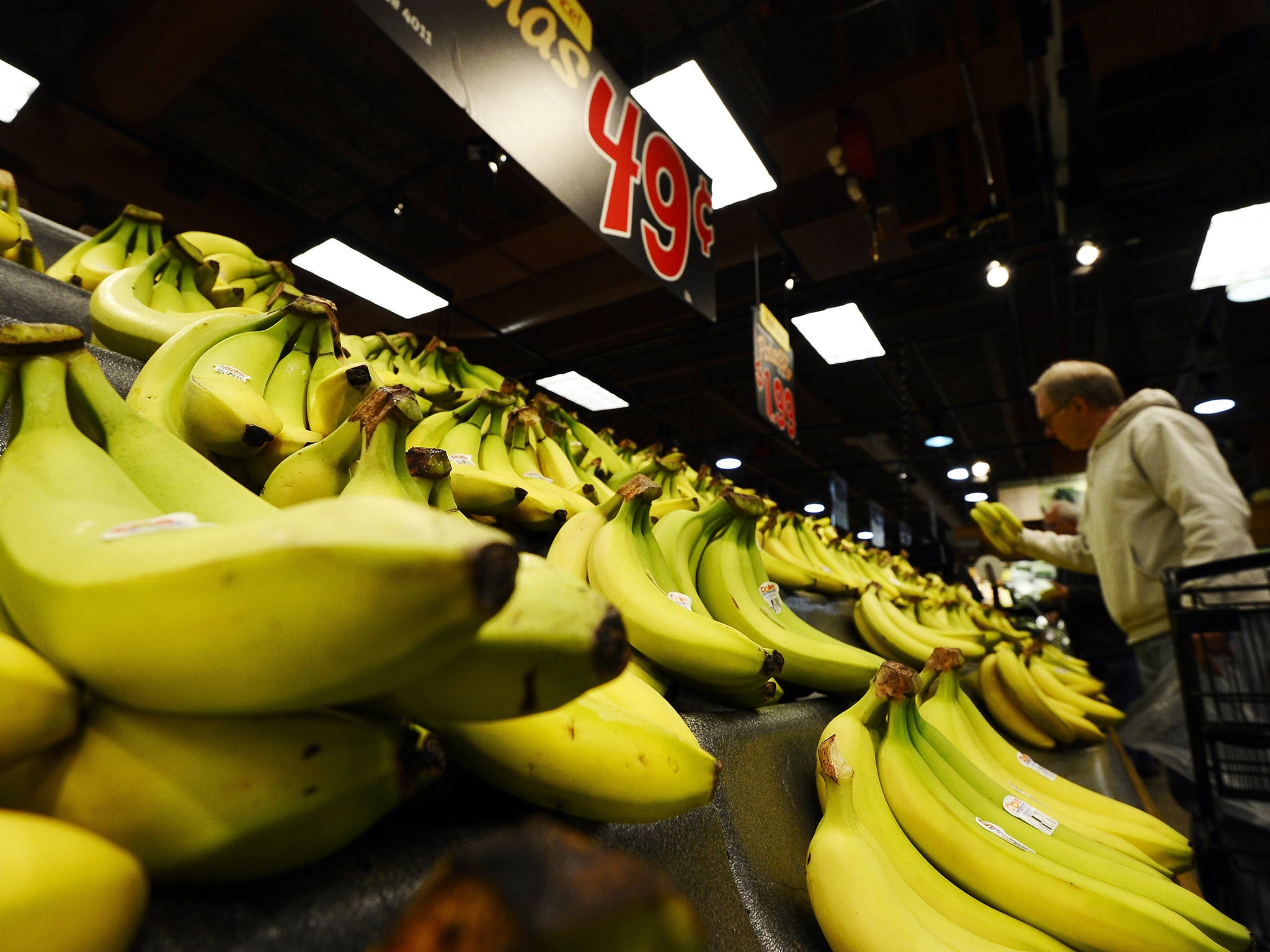Pesticide residues on some fruit and vegetables harming men's fertility, study claims
Researchers found those men that ate fruit and vegetables high in concentrations of pesticide had on average a 49 per cent lower sperm count

Pesticide residues on some fruits and vegetables could be harming men’s fertility, a study has claimed.
Researchers found that men who consumed the most peppers, spinach, strawberries, apples and pears – which tend to contain the highest concentrations of pesticide – had on average a 49 per cent lower sperm count than those who ate the least.
The study, carried out a fertility centre in Boston, Massachusetts, was small in scale, with only 155 men enrolled, and experts said it should not alarm men into cutting back on their fruit and veg consumption.
However, it is the first to suggest that pesticides, some of which are known to affect the action of certain hormones, including the male sex hormone testosterone, could be affecting fertility through the traces found in the food we eat, and scientific commentators said it merited further research.
Previous studies have shown that eating non-organic fruit and vegetables can lead to measurable levels of pesticides in urine. Research has also suggested a link between working closely with pesticides and lower sperm counts.
The findings were based on 338 semen samples, along with information about the men’s diet collected via questionnaire. Information about which products were likely to have higher levels of pesticides was based on US Department of Agriculture advice. At no point were the actual pesticide levels on the fruits and vegetables consumed by the men measured.
Men who ate 1.5 servings or more of the products rated high for pesticide residue had lower sperm counts and also lower proportions of healthy sperm.
The results, which are published in the journal Human Reproduction, were adjusted to take into account factors that can lower sperm count such as smoking and weight.
Allan Pacey, professor of andrology at the University of Sheffield, said: “This is a very interesting paper that raises the possibility that pesticide residues in our food may be a contributory factor in male infertility, at least in some men.
“The idea has been raised before, but to my knowledge this is the first paper that has investigated this question in a systematic way. That said, whilst the results are tantalising, they should be interpreted with caution as the study is not without its flaws and limitations.”
Jorge Chavarro, author of the study and assistant professor of nutrition and epidemiology at Harvard T.H. Chan School of Public Health, said that the findings could be an argument in favour of eating more organic produce.
“These findings should not discourage the consumption of fruit and vegetables in general,” he said. “in fact, we found that consuming more fruits and vegetables with low pesticide residues was beneficial. This suggests that implementing strategies specifically targeted at avoiding pesticide residues, such as consuming organically-grown produce or avoiding produce known to have large amounts of residues, may be the way to go.”
Join our commenting forum
Join thought-provoking conversations, follow other Independent readers and see their replies
Comments
Bookmark popover
Removed from bookmarks